What is an inclusion rider and what did Frances McDormand mean by it at the Oscars?
Three Bilboards Outside Ebbing, Missouri actor asked all female nominees in the audience to stand up during her speech
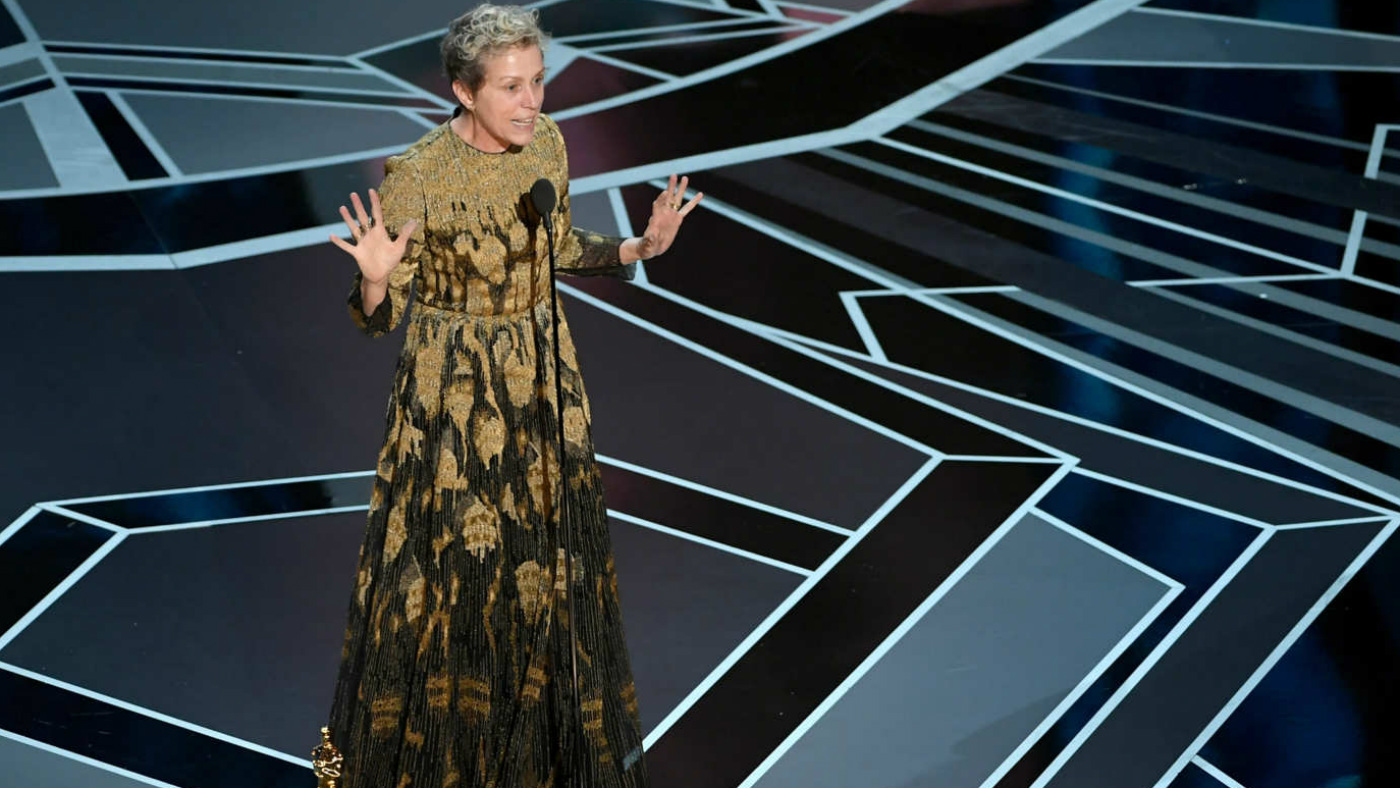
A free daily email with the biggest news stories of the day – and the best features from TheWeek.com
You are now subscribed
Your newsletter sign-up was successful
Frances McDormand stole the show at this year’s Oscars with an acceptance speech that heralded inclusivity and diversity in the acting industry.
Speaking on stage, the Three Billboards Outside Ebbing, Missouri actor asked all of the female nominees in the audience to stand up, to highlight to lack of female representation in the industry.
But by the end of her speech, “many Oscars viewers were left baffled,” says the Evening Standard, when Frances McDormand finished with the phrase “I have two words for you: inclusion rider.”
The Week
Escape your echo chamber. Get the facts behind the news, plus analysis from multiple perspectives.

Sign up for The Week's Free Newsletters
From our morning news briefing to a weekly Good News Newsletter, get the best of The Week delivered directly to your inbox.
From our morning news briefing to a weekly Good News Newsletter, get the best of The Week delivered directly to your inbox.
So what is an “inclusion rider” and what did McDormand mean by it?
Following the ceremony, McDormand elaborated on what she said on stage. “I just found out about this last week,” the actress told reporters. “It means you can ask for and/or demand at least 50% diversity in, not only casting, but also the crew.”
The concept was first explored in a TED talk in 2016 by Stacy Smith, founder of the Annenberg Inclusion Initiative at the University of Southern California.

Having examined the data on diversity in US-produced films, which showed that casting was not representative of the population, she suggested that an “equity clause” or an “inclusion rider” could be part of the solution.
A free daily email with the biggest news stories of the day – and the best features from TheWeek.com
“The real goal is to counter bias in the auditioning and casting process,” Smith told The Guardian.
“The goal is that talent can take the inclusion rider and adopt it in ways that make sense for their values and their beliefs.”
She added: “The typical feature film has about 40 to 45 speaking characters in it.
“I would argue that only 8 to 10 of those characters are actually relevant to the story. The remaining 30 or so roles, there’s no reason why those minor roles can’t match or reflect the demography of where the story is taking place.
“An equity rider by an A-lister in their contract can stipulate that those roles reflect the world in which we actually live.”
-
 The ‘ravenous’ demand for Cornish minerals
The ‘ravenous’ demand for Cornish mineralsUnder the Radar Growing need for critical minerals to power tech has intensified ‘appetite’ for lithium, which could be a ‘huge boon’ for local economy
-
 Why are election experts taking Trump’s midterm threats seriously?
Why are election experts taking Trump’s midterm threats seriously?IN THE SPOTLIGHT As the president muses about polling place deployments and a centralized electoral system aimed at one-party control, lawmakers are taking this administration at its word
-
 ‘Restaurateurs have become millionaires’
‘Restaurateurs have become millionaires’Instant Opinion Opinion, comment and editorials of the day
-
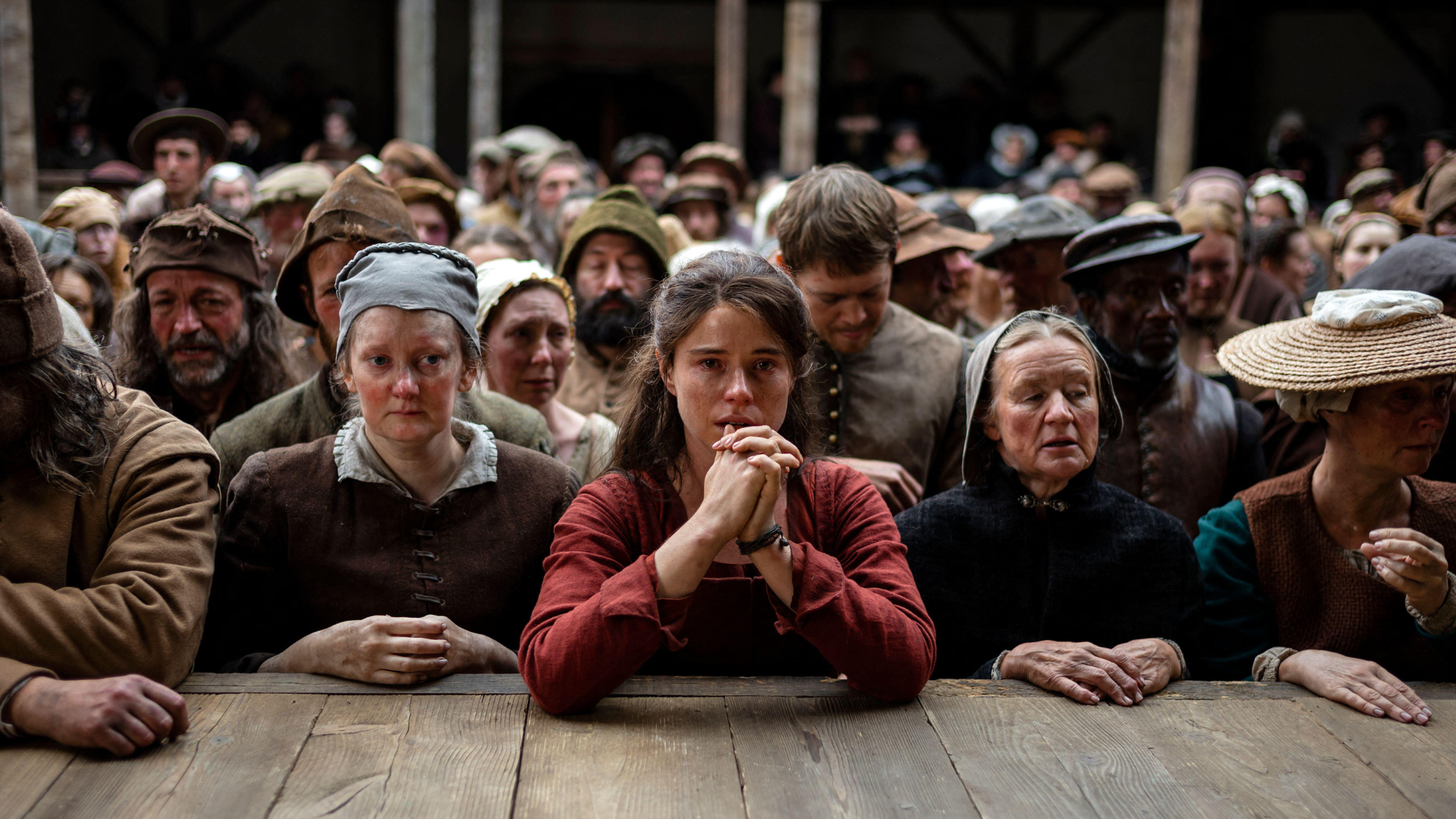 Hamnet: a ‘slick weepie’ released in time for Oscar glory?
Hamnet: a ‘slick weepie’ released in time for Oscar glory?Talking Point Heartbreaking adaptation of Maggie O’Farrell’s bestselling novel has a ‘strangely smooth’ surface
-
 The ultimate films of 2025 by genre
The ultimate films of 2025 by genreThe Week Recommends From comedies to thrillers, documentaries to animations, 2025 featured some unforgettable film moments
-
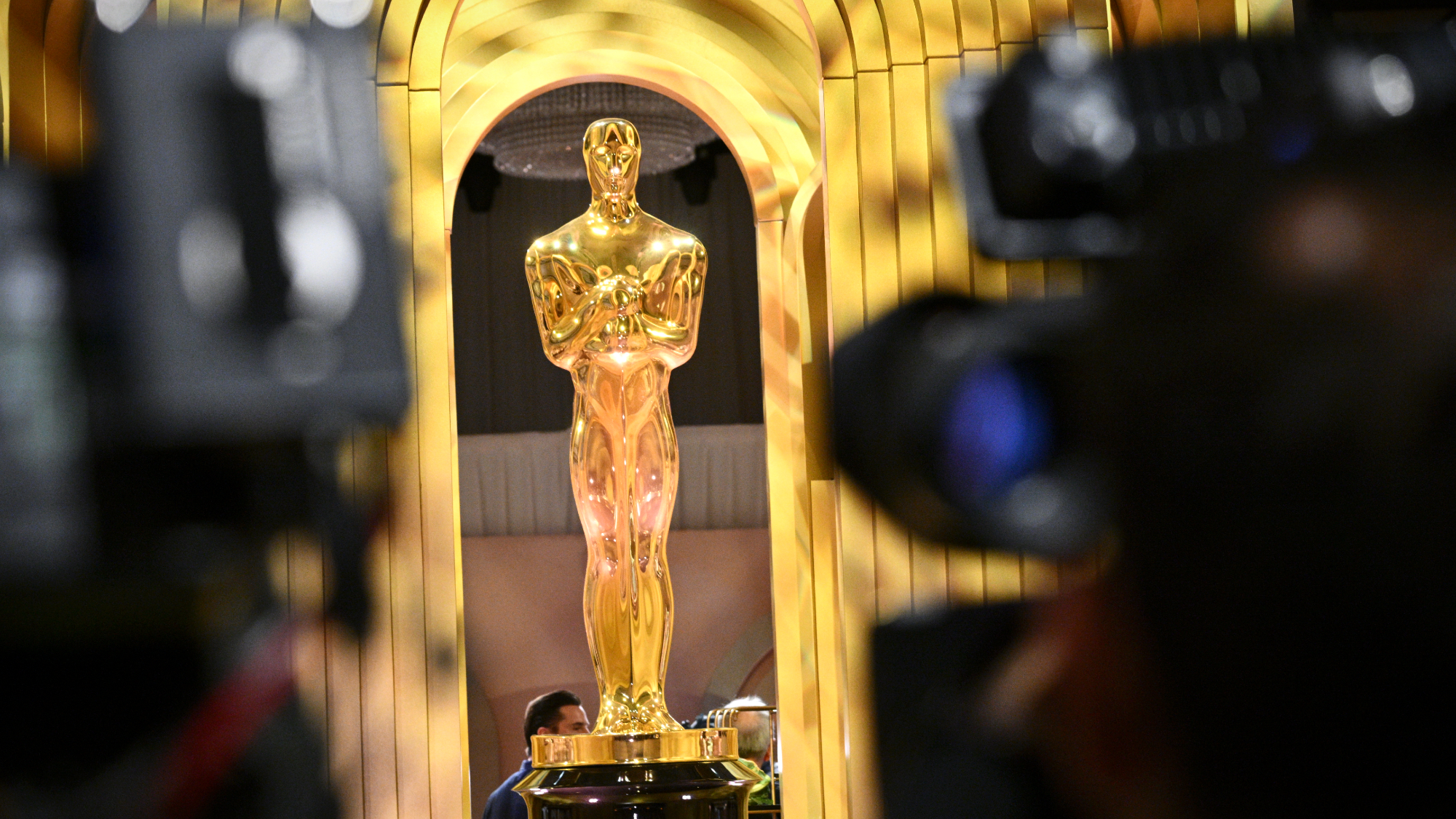 Oscars jump to YouTube after decades at ABC
Oscars jump to YouTube after decades at ABCSpeed Read The awards show will be broadcast worldwide on YouTube starting in 2029
-
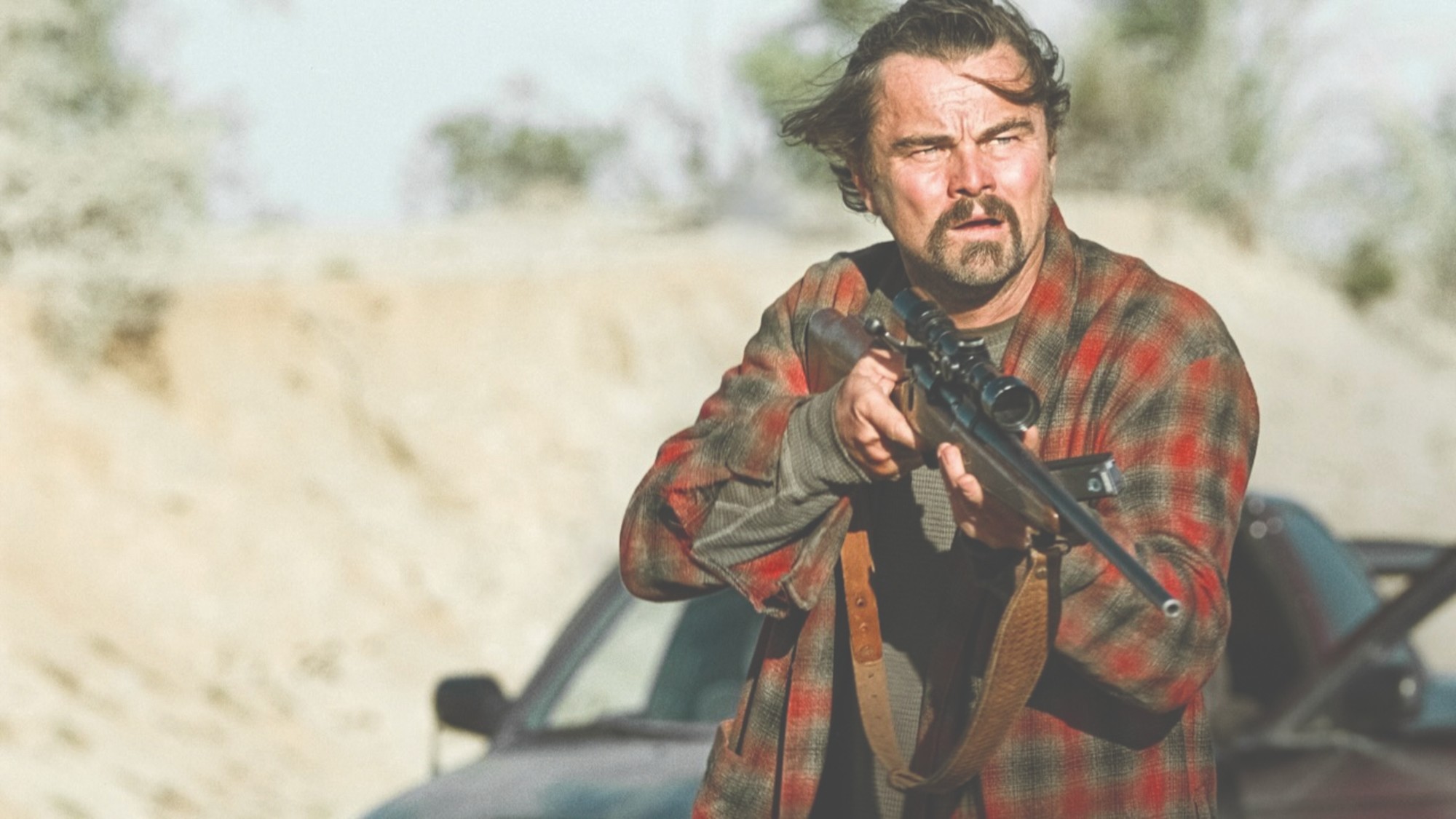 One Battle After Another: a ‘terrifically entertaining’ watch
One Battle After Another: a ‘terrifically entertaining’ watchThe Week Recommends Paul Thomas Anderson’s latest release is a ‘high-octane action thriller’ and a ‘surefire Oscar frontrunner’
-
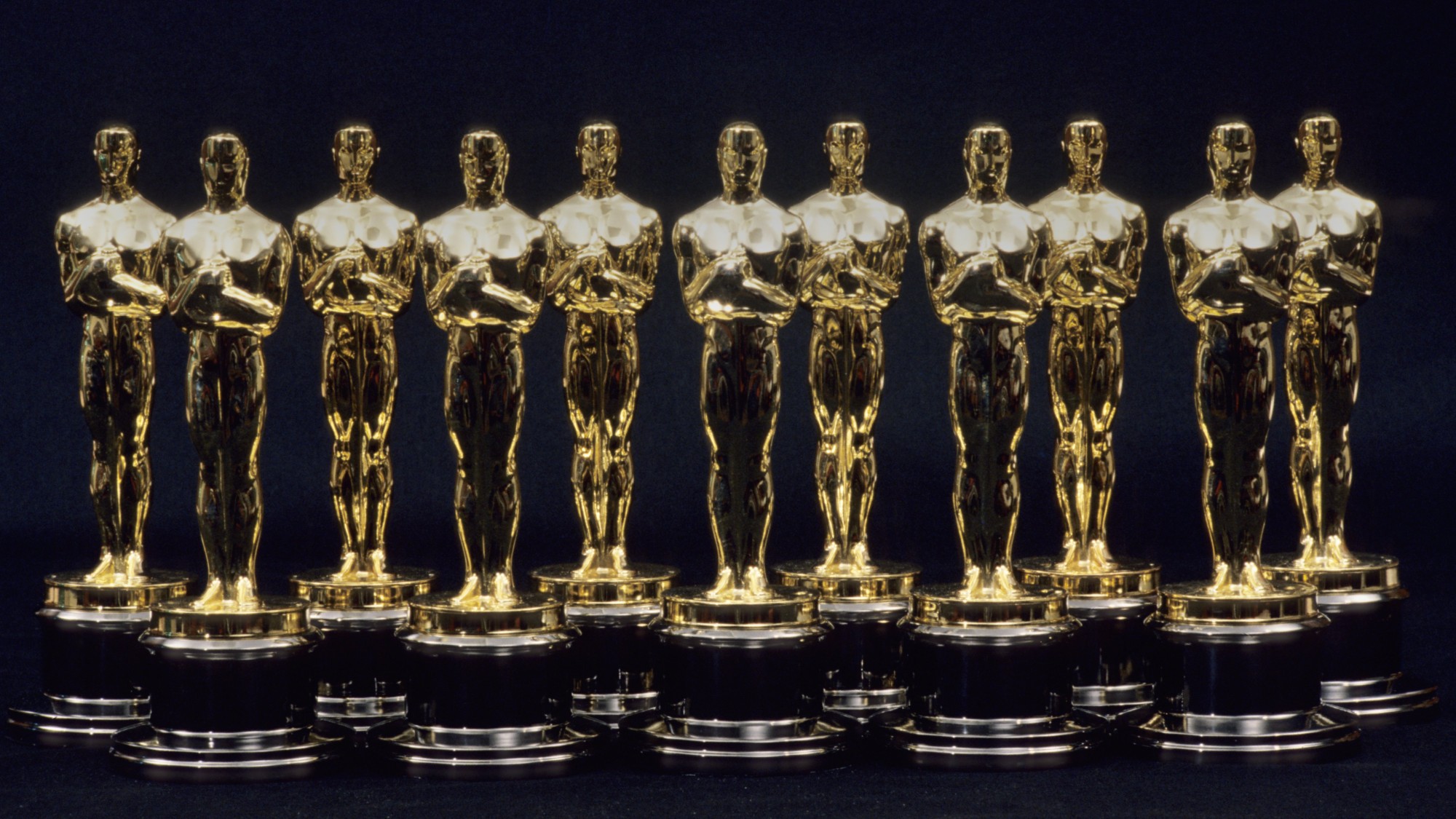 And the Oscar goes to … no one in particular: Movies made with AI can now win awards
And the Oscar goes to … no one in particular: Movies made with AI can now win awardsUnder the radar Generative AI is no longer a barrier to acclaim
-
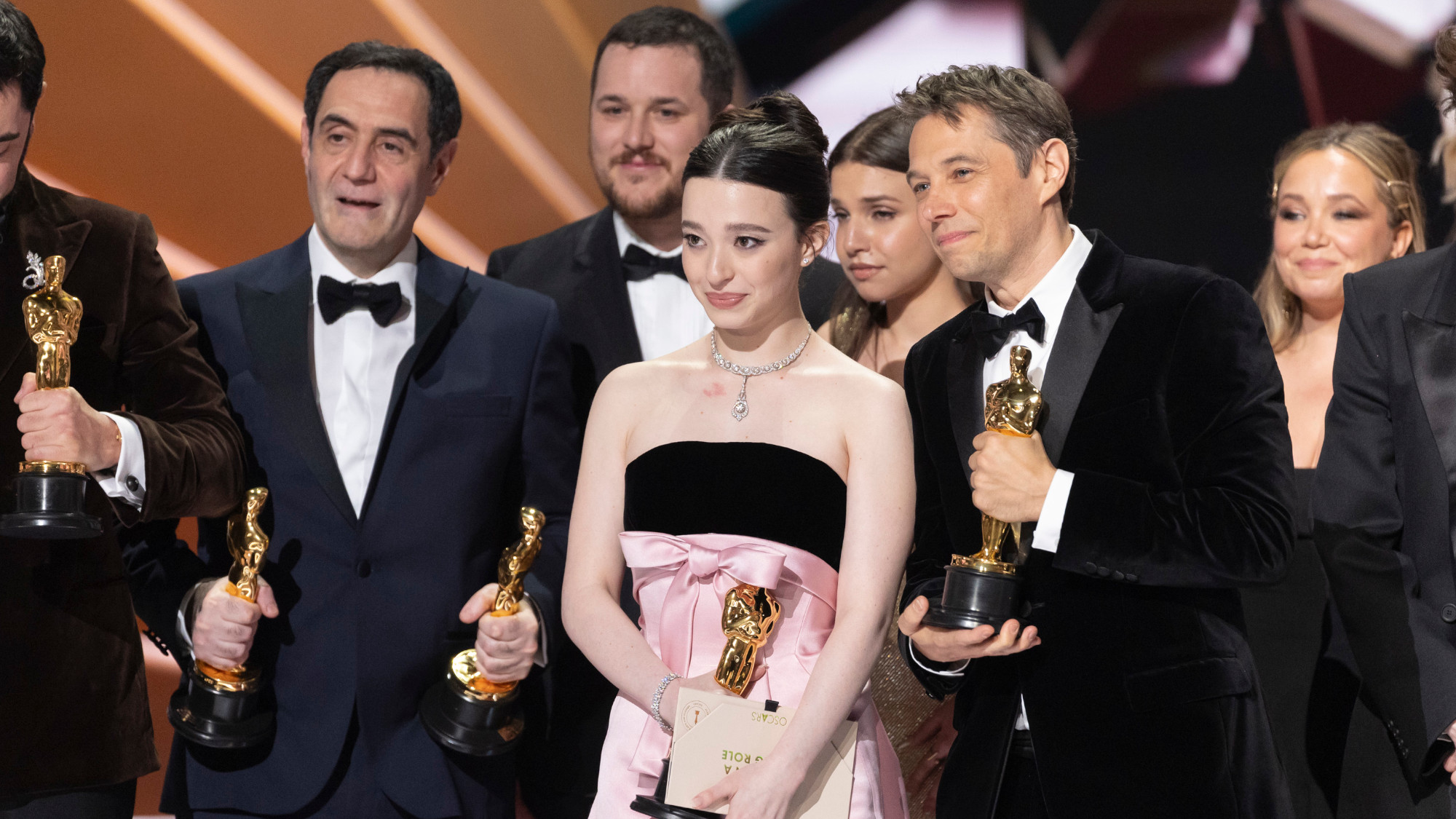 Oscars 2025: Anora’s Cinderella triumph
Oscars 2025: Anora’s Cinderella triumphFeature The film about a stripper who elopes with the son of a Russian oligarch takes home four Oscars
-
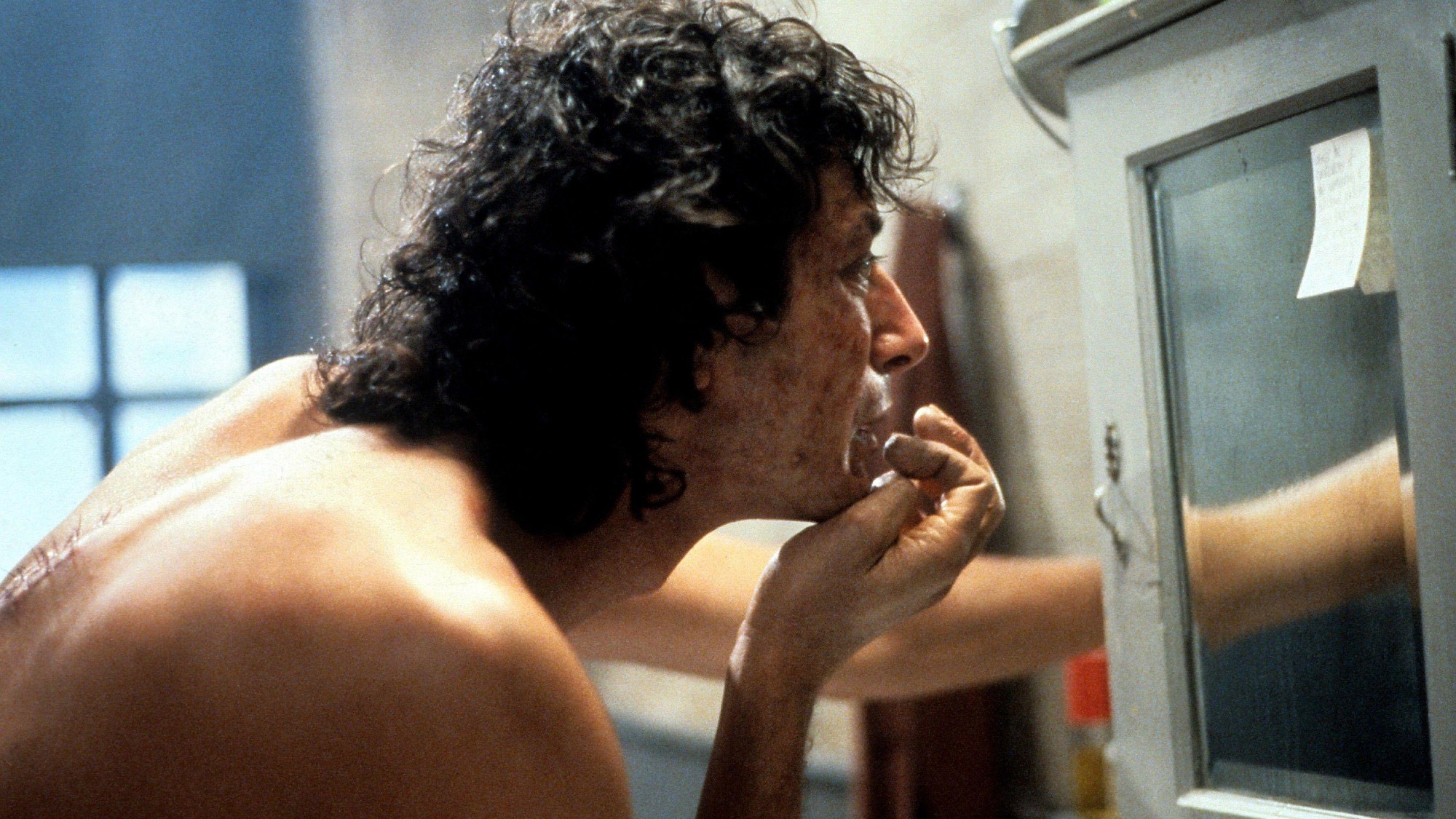 The best body horror movies of the last half-century
The best body horror movies of the last half-centuryThe Week Recommends If 'The Substance' piqued your interest, these other films will likely be your speed
-
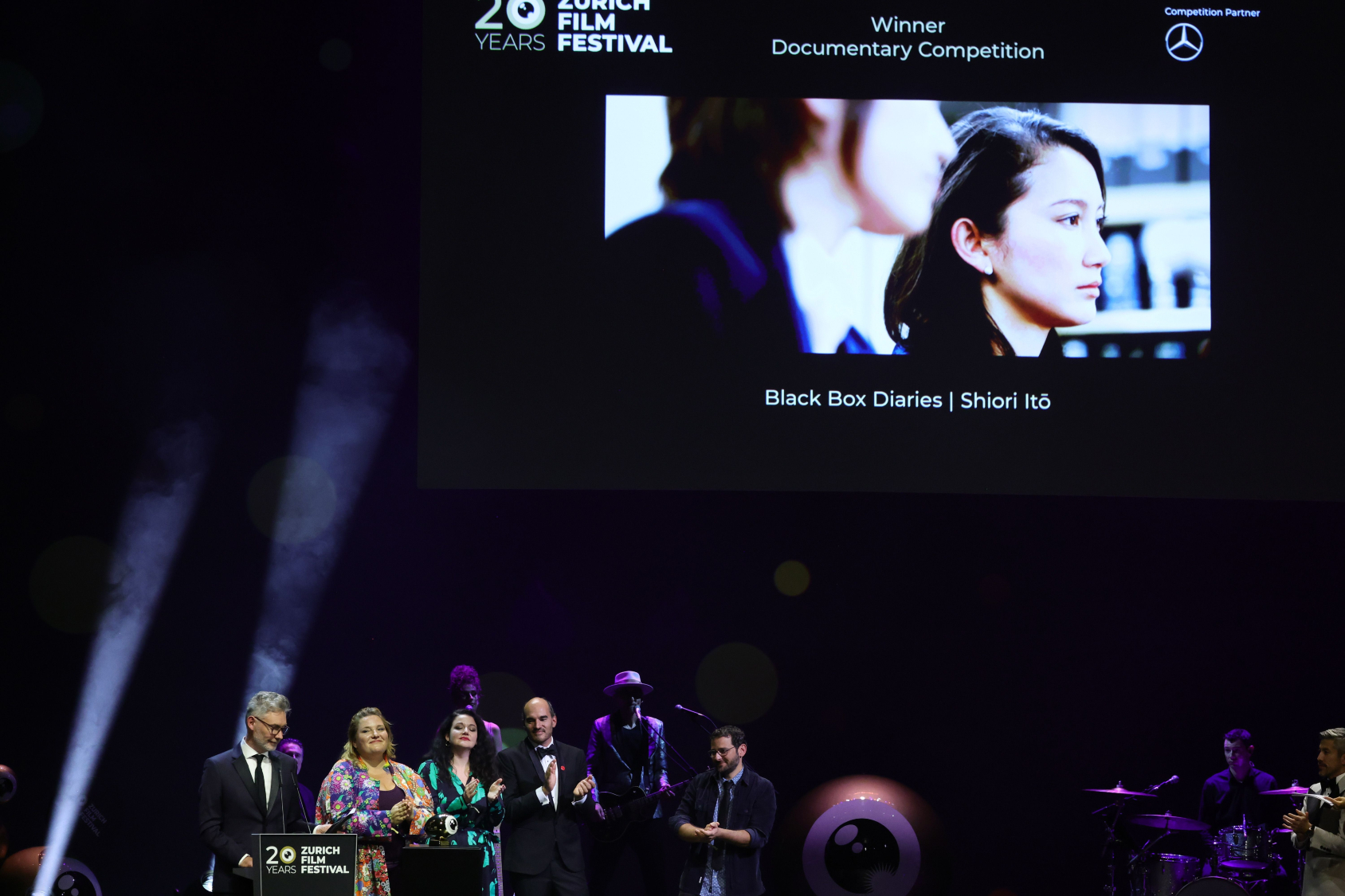 Why Japanese residents can't watch their country's Oscar-nominated #MeToo documentary
Why Japanese residents can't watch their country's Oscar-nominated #MeToo documentaryTHE EXPLAINER Shiori Ito became one of the faces of Japan's #MeToo movement